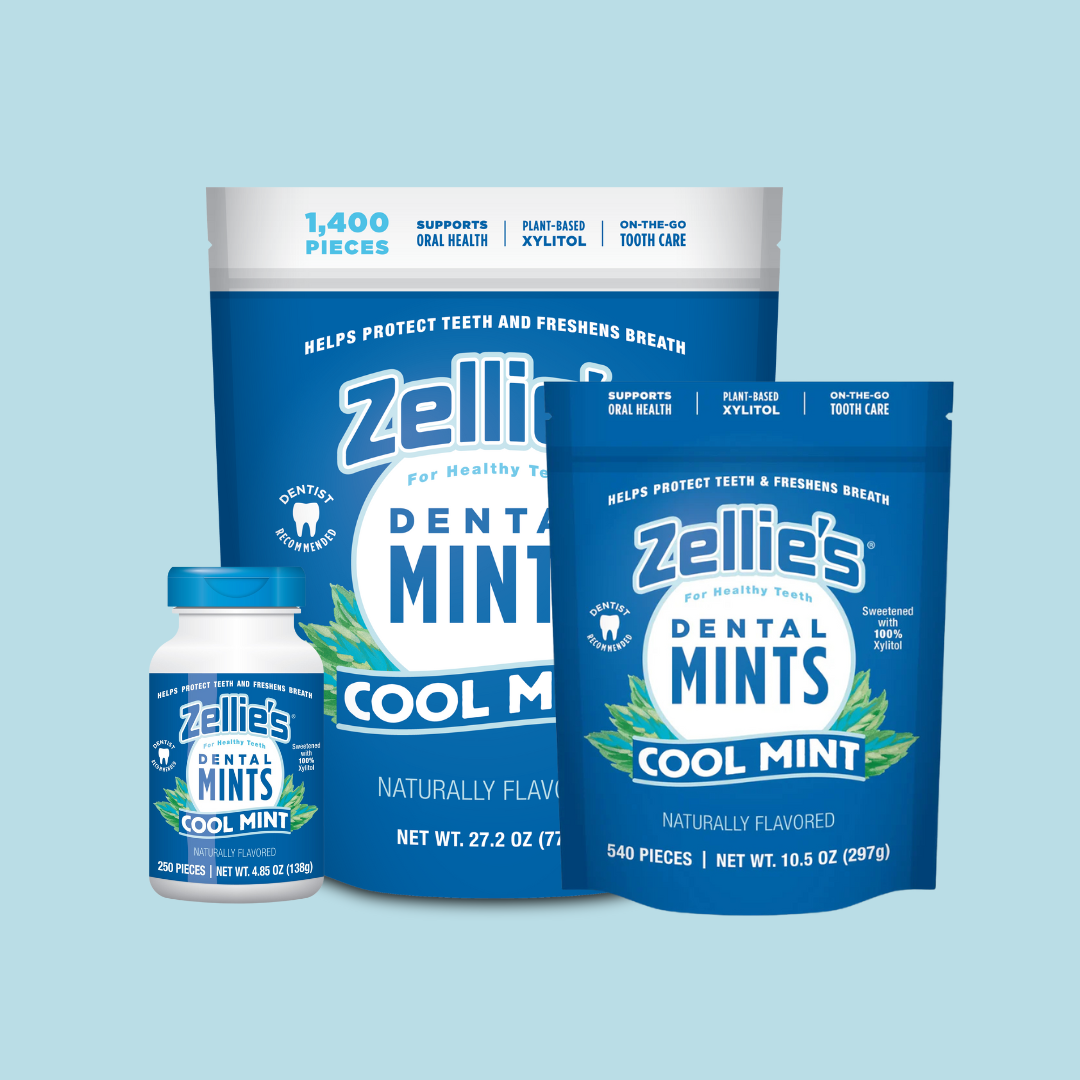The Sweet Secret Your Teeth Have Known for Centuries
For thousands of years, cultures across the globe have turned to a remarkable natural ingredient for its beneficial properties, particularly for teeth and gums. Known today as xylitol, this plant-based sweetener has a fascinating history that stretches from ancient herbal medicine to modern dental care.
Ancient Wisdom: Birch Sugar for Oral Health
The earliest known reference to xylitol appears more than 2,500 years ago in a Chinese herbal remedy book. The cure, called “Zhin–he–tong,” or “sugar from the white tree,” was used to treat dental problems. Long before modern science understood dental caries, healers recognized that this “white tree sugar” could help maintain oral health.
Across the world, Indigenous peoples also intuitively embraced birch trees for dental care. Native Americans used birch wood to clean their teeth, craft teething rattles for babies, and as natural toothpicks. In Russia and Alaska, birch sap was traditionally swished in the mouth to soothe erupting teeth – a home remedy that continues in some communities to this day. In fact, birch-derived sugar, often labeled as “birch sugar,” is still sold in regional grocery stores for everyday use.
Rediscovery in Europe and Asia
Fast forward to the 20th century, and xylitol was again in the spotlight – this time among European scientists and doctors. Originally used in the late 1800s as a diabetic-safe sugar substitute in medical settings, xylitol faded into obscurity with the rise of cheaper artificial sweeteners.
But during World War II, sugar shortages forced European countries to find alternatives, and xylitol resurfaced as a substitute sweetener. Its health benefits, including improved dental outcomes, were quickly observed. In the post-war years, especially throughout the 1940s and '50s, European nations began noting fewer cavities and even fewer ear infections among children who regularly consumed xylitol.
One of the key innovators in this space was The Finnish Sugar Company, which began commercially producing xylitol extracted from Finland's abundant birch trees. By the mid-20th century, xylitol was being used widely across Scandinavia in candies, household baking, and even public health programs.
Finland’s long-standing xylitol initiative remains a global example: for more than 60 years, Finnish schools have provided xylitol chewing gum to preschool and elementary students to improve oral health. Meanwhile, countries like Switzerland developed certification standards for “tooth-friendly” candy, and xylitol gums became common in China, Japan, and Turkey, especially in children's playgroups and nurseries.
Scientific Validation
By the 1950s, European doctors began formally studying the impact of xylitol on health. The results were consistent and compelling: xylitol not only reduced plaque-forming bacteria but also appeared to support general oral wellness. This launched a wave of research around the globe, with studies conducted from Estonia to Brazil and from Japan to Canada – all of which reinforced xylitol’s dental benefits.
The American Market Catches Up
Xylitol didn’t reach the United States until the mid-1960s when it was introduced in chewing gum. But this early xylitol gum – often flavored with licorice – was no match for America’s flashy, long-lasting, artificially sweetened gum brands. Natural products were not yet in demand, and xylitol was largely overlooked by mainstream consumers.
That has changed. Today, xylitol is widely recognized for its oral health benefits and can be found in a growing array of everyday products, including:
- Chewing gum and breath mints
- Tooth gels and mouth rinses
- Nasal sprays and baby tooth products
- Granular xylitol for baking and sweetening
- Tooth-friendly candy
No longer relegated to health food stores, xylitol is now stocked in many national grocery chains and can be ordered online by health-conscious families across the U.S.
A Natural Step Toward Better Oral Health
From ancient birch trees to school dental programs, xylitol has a proven track record as a sweetener that supports – not sabotages – oral health. As awareness continues to grow, more parents, dentists, and wellness brands are embracing this ancient remedy backed by decades of modern research.
It’s a simple, natural way to help protect teeth and maintain oral health effortlessly...one sweet smile at a time.
*This information has not been evaluated by the Food and Drug Administration and is not intended to diagnose, treat, cure or prevent any disease. All information presented is not meant as a substitute for or alternative to information from healthcare practitioners. Please consult your physician or healthcare professional about potential interactions or other possible complications before using any Zellie's product.





